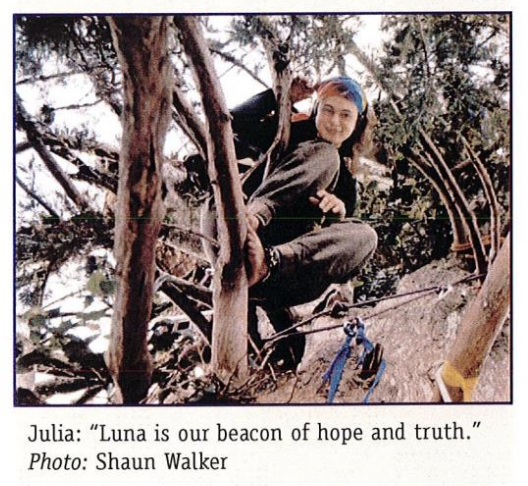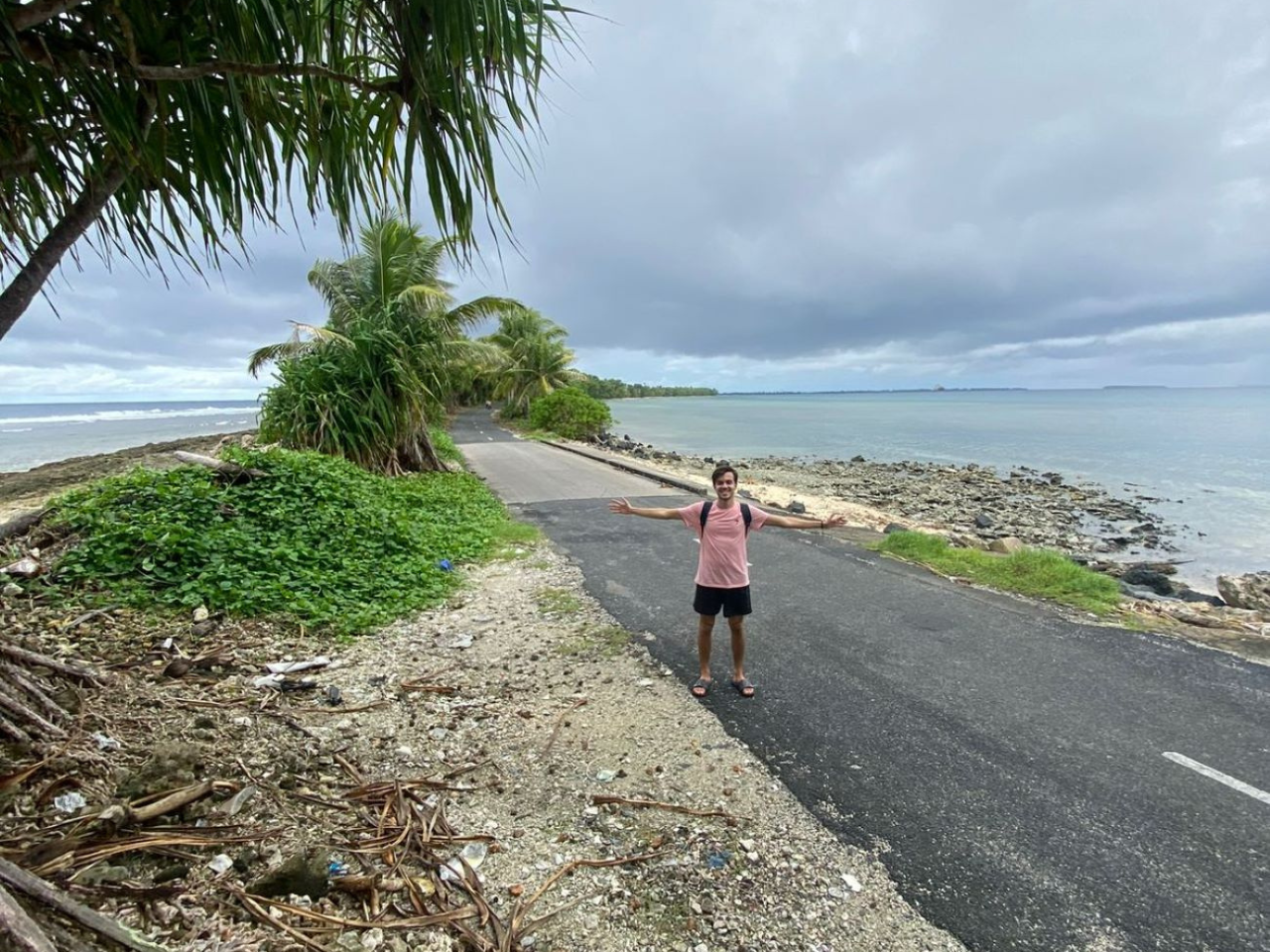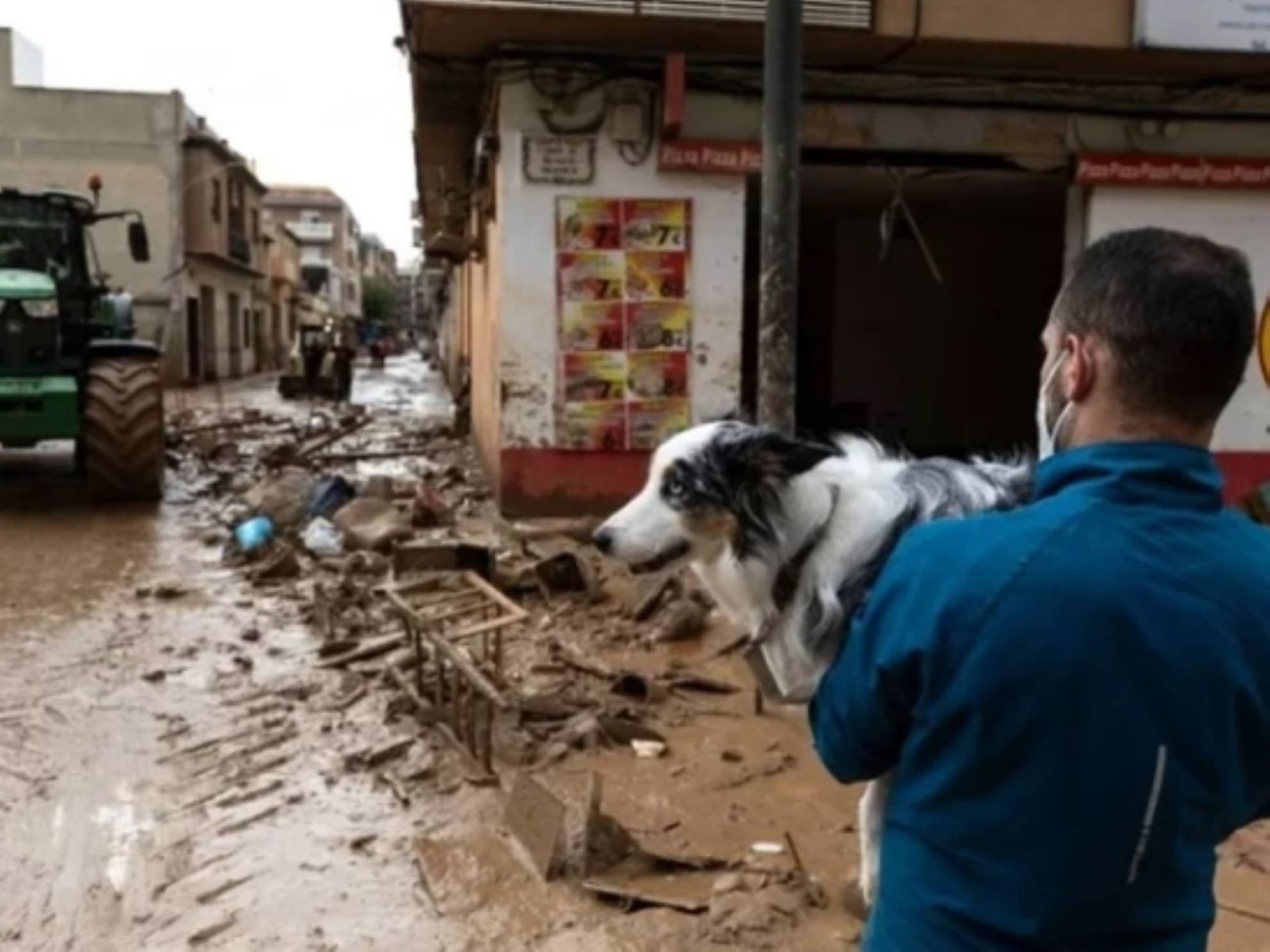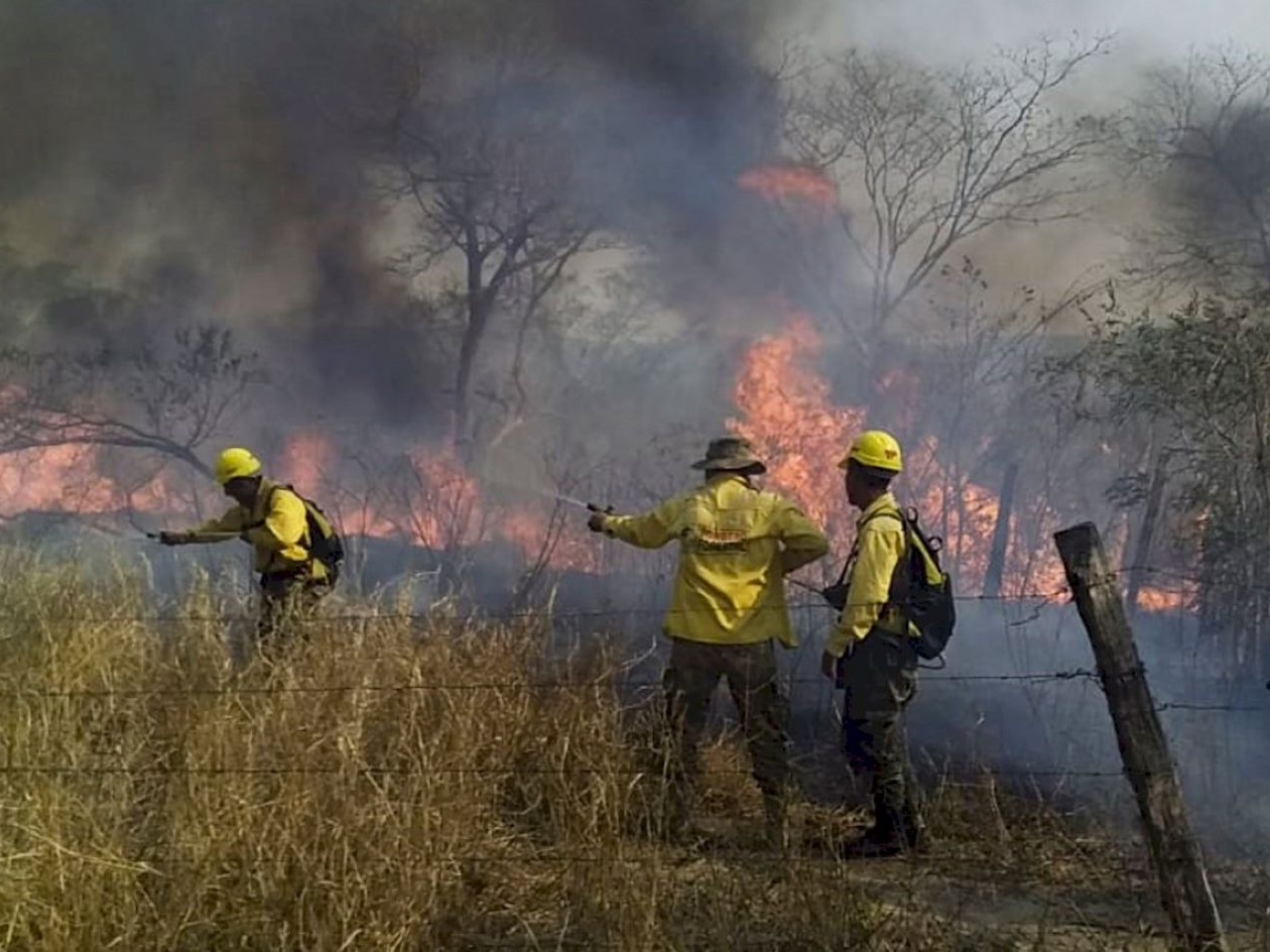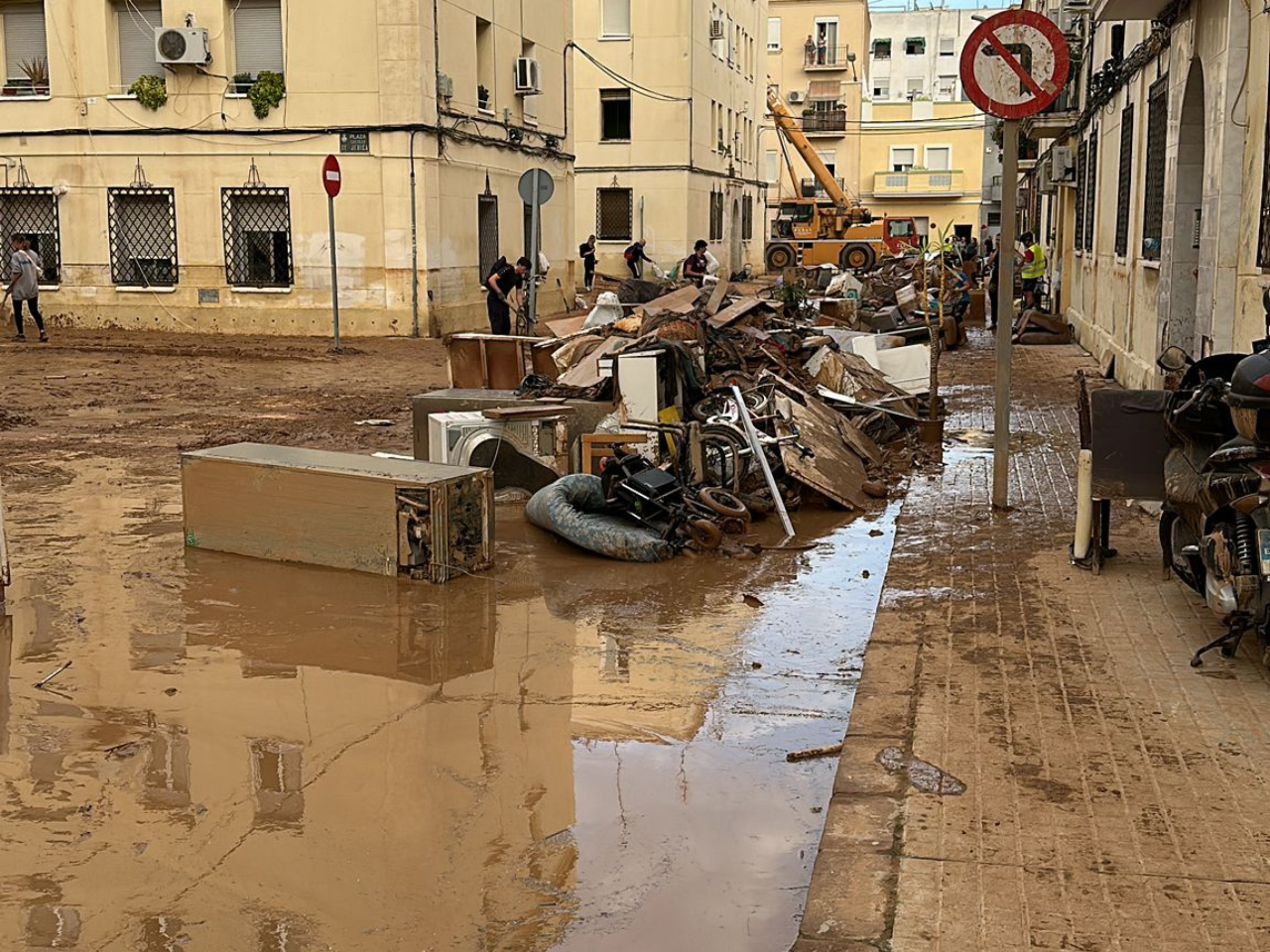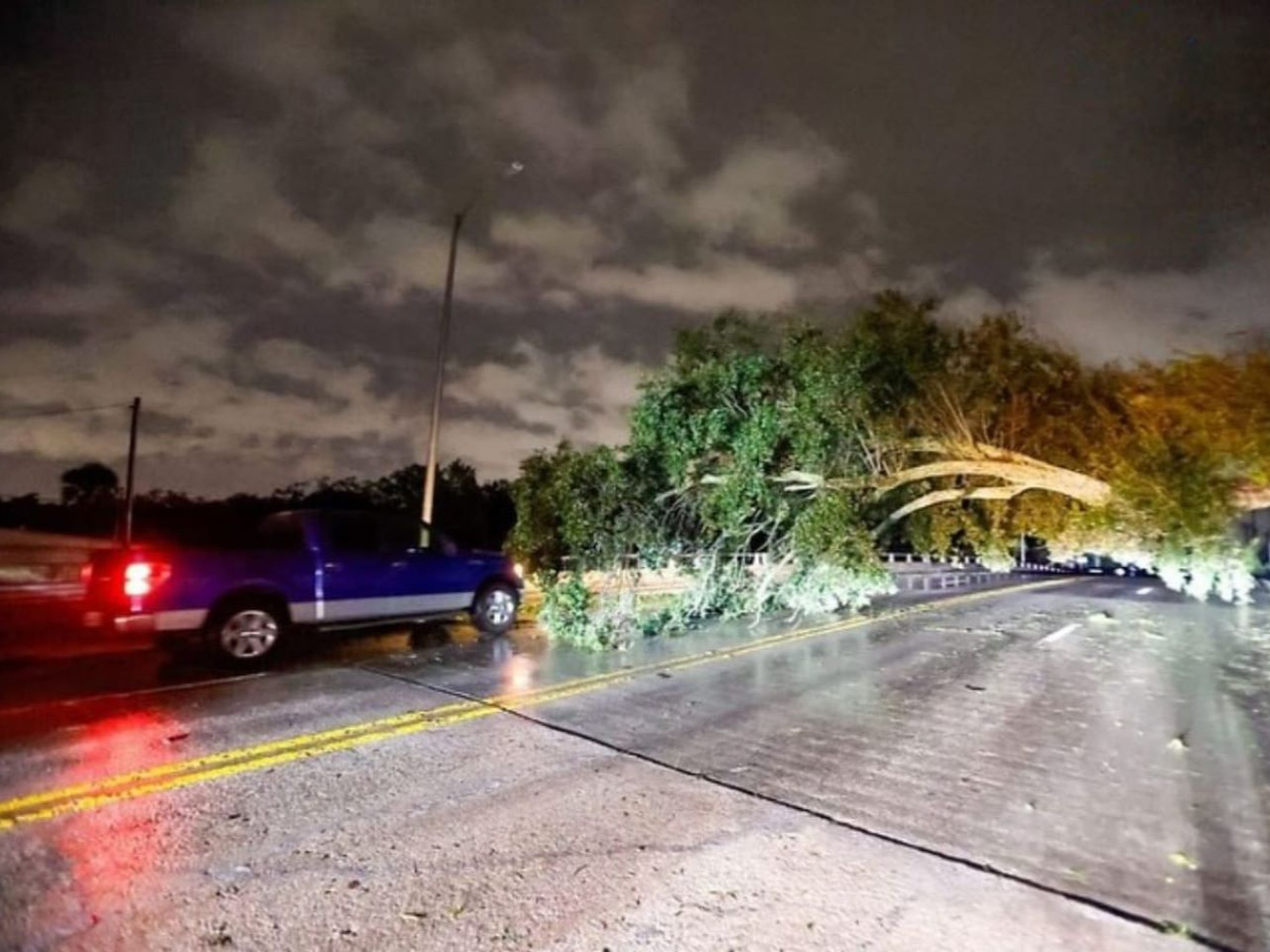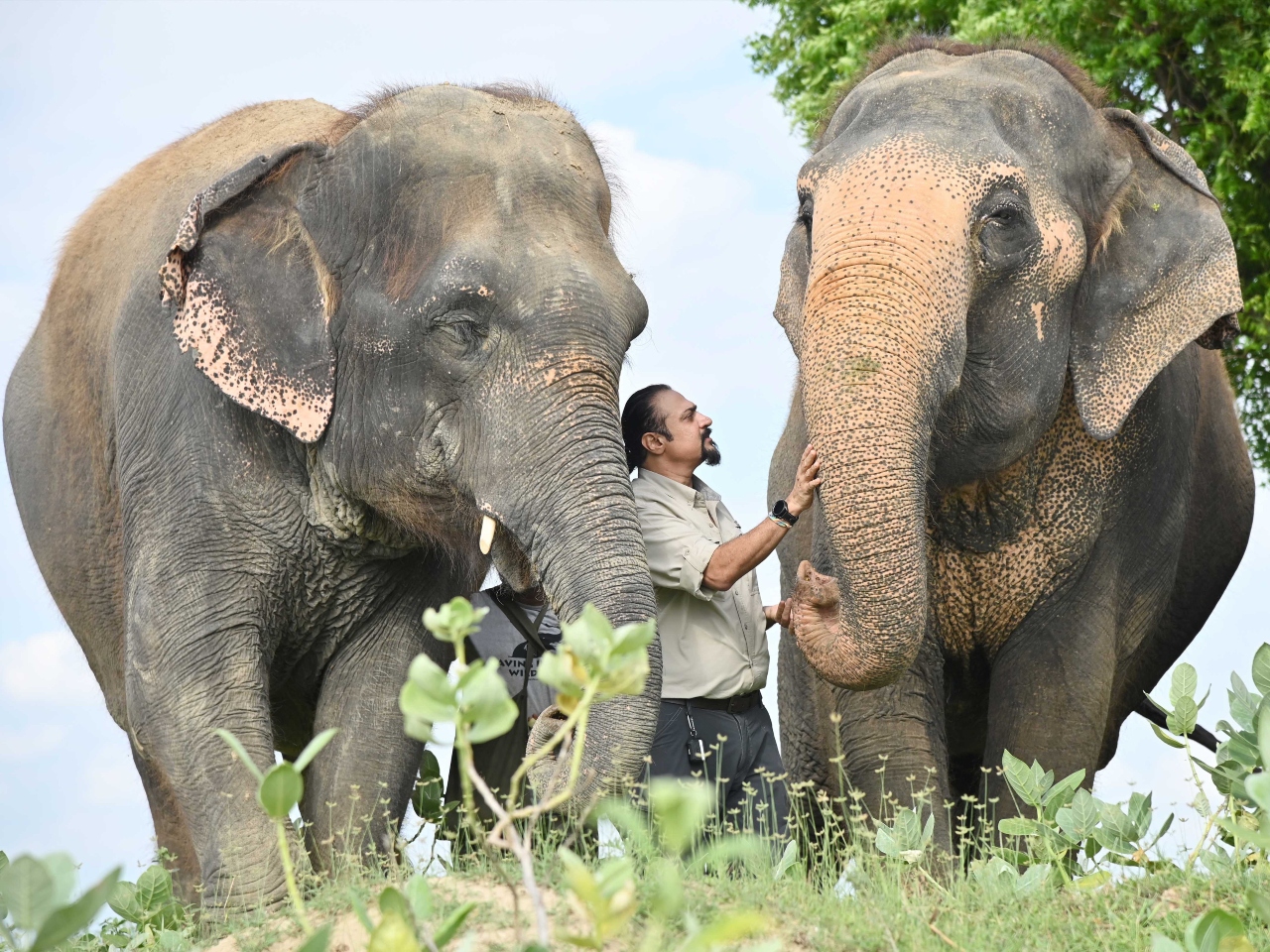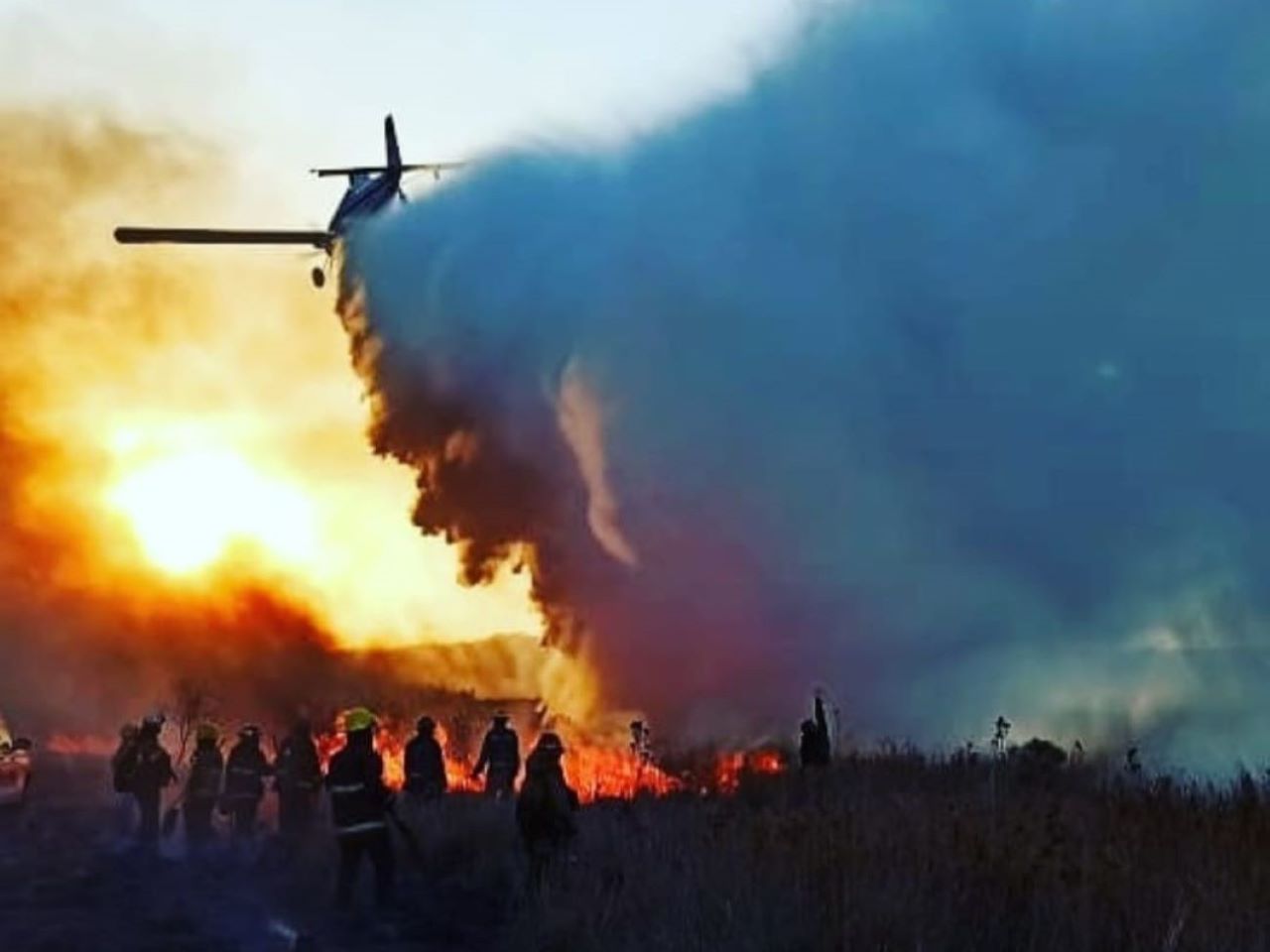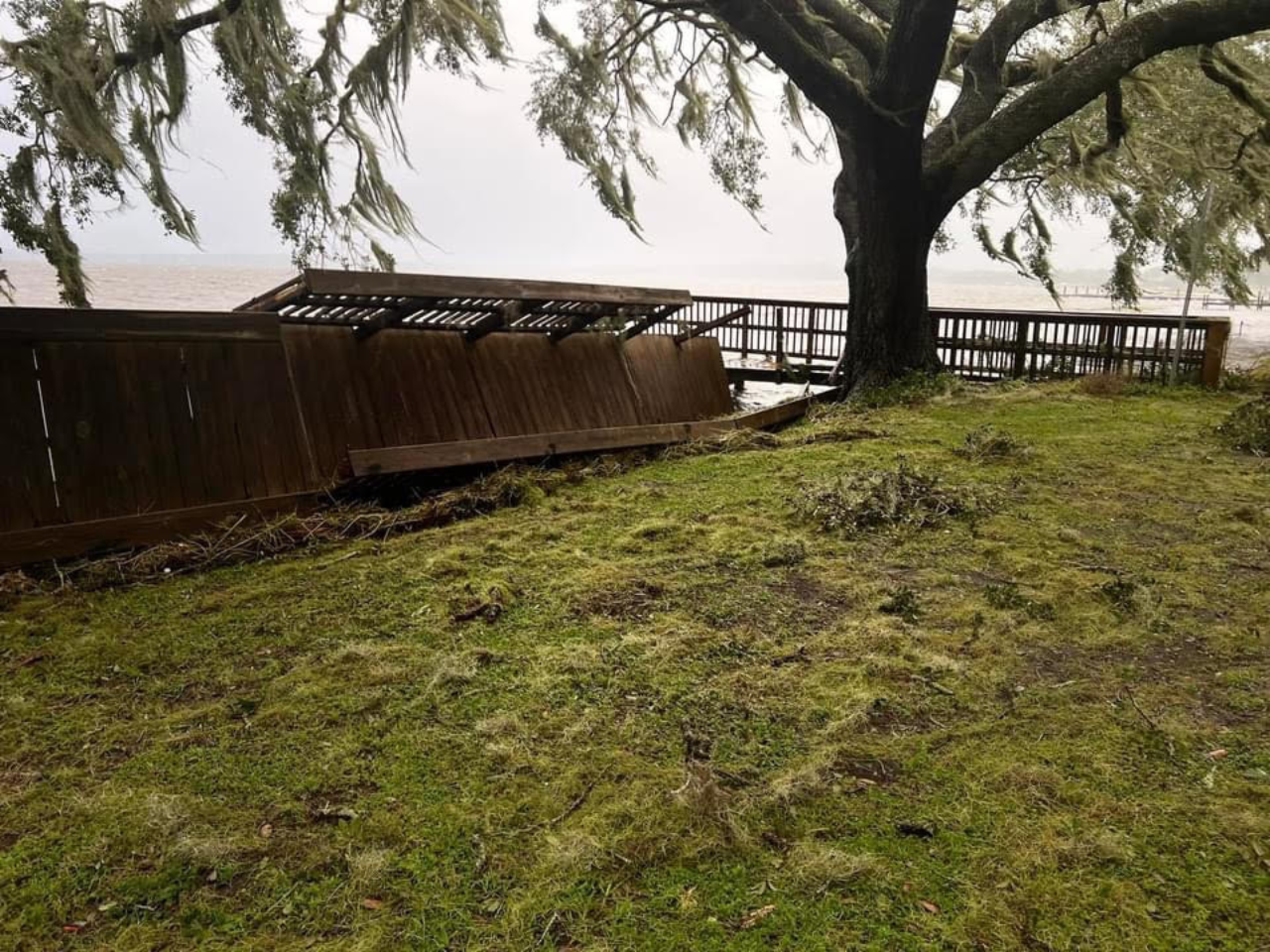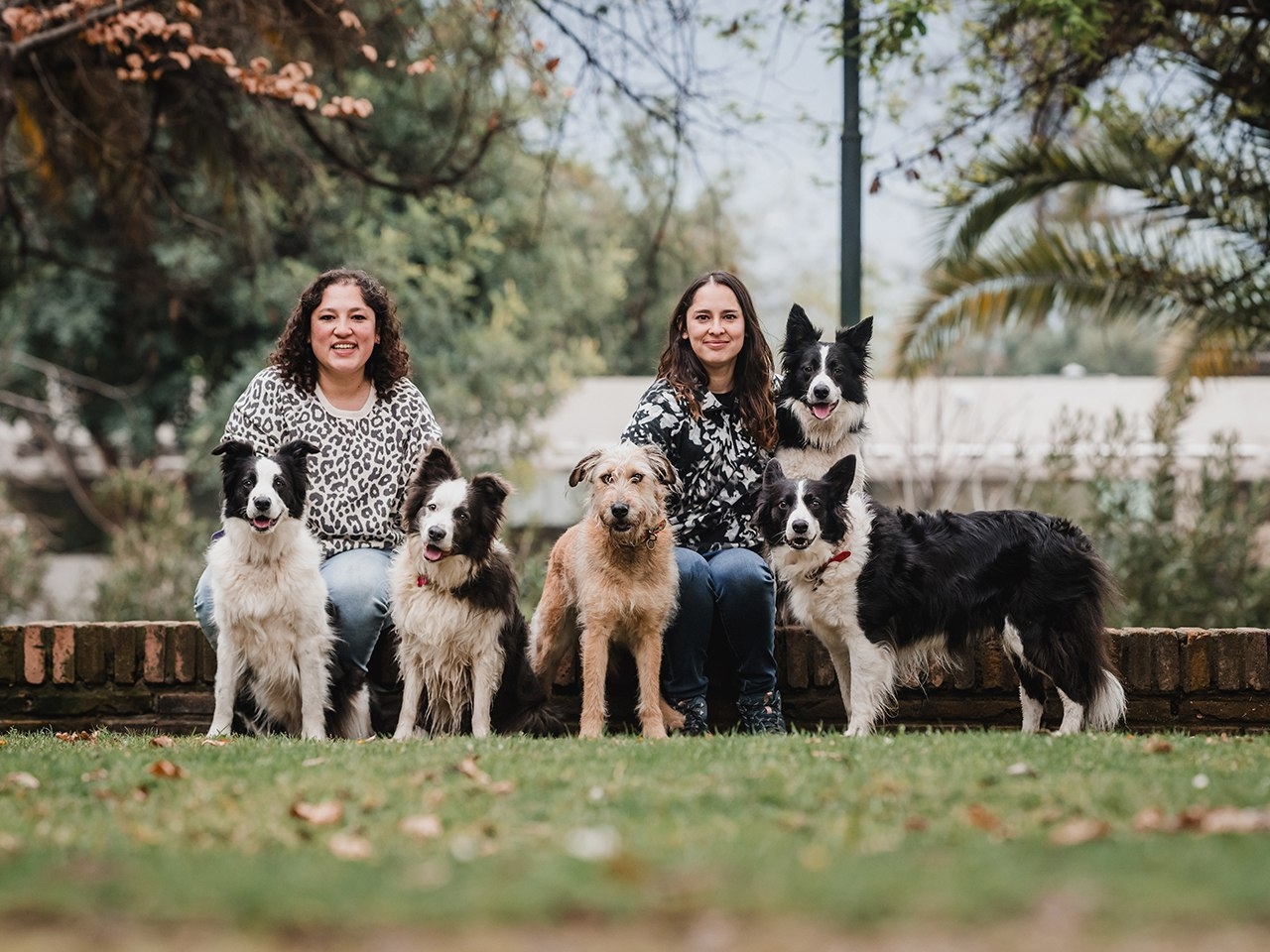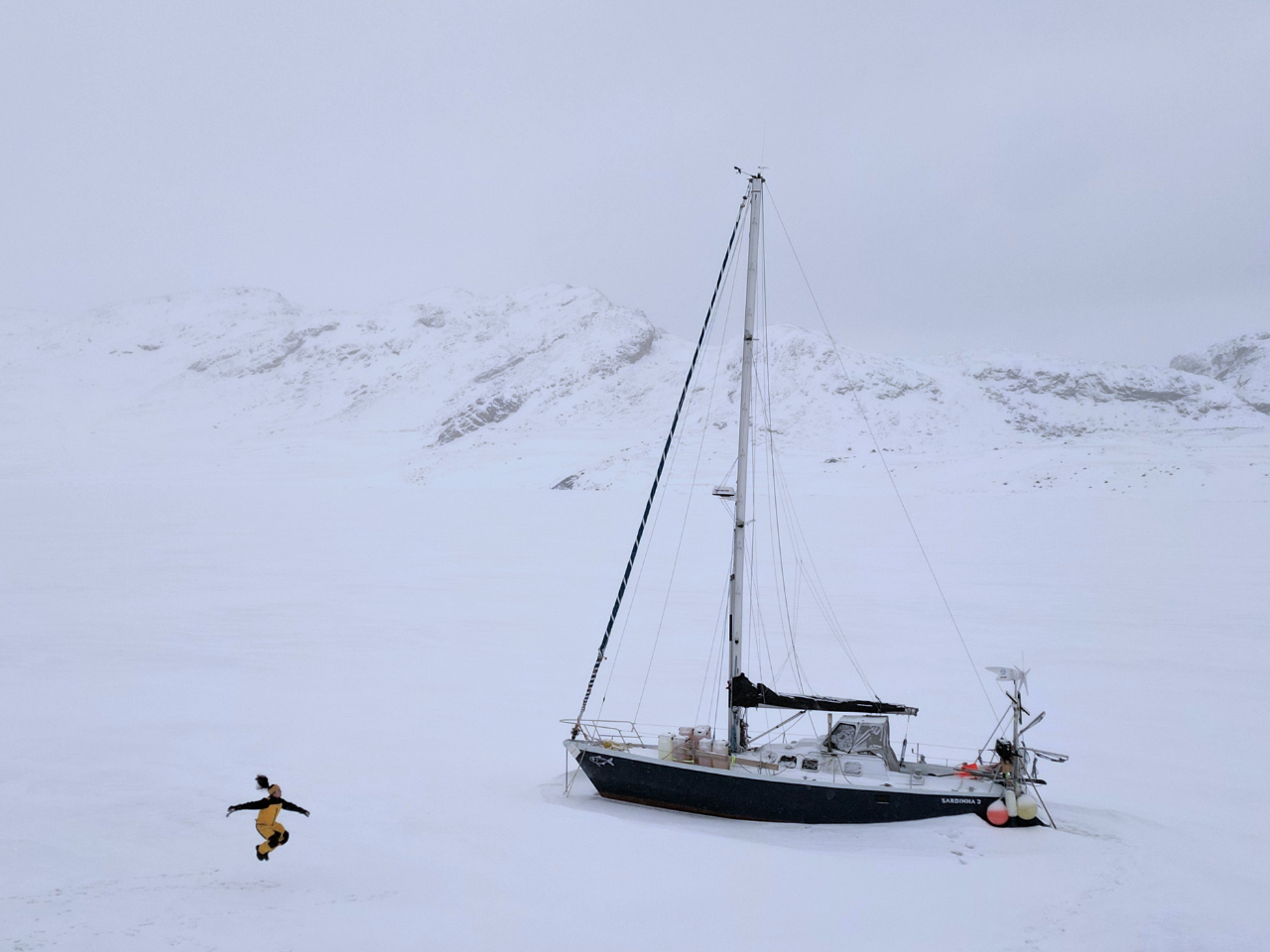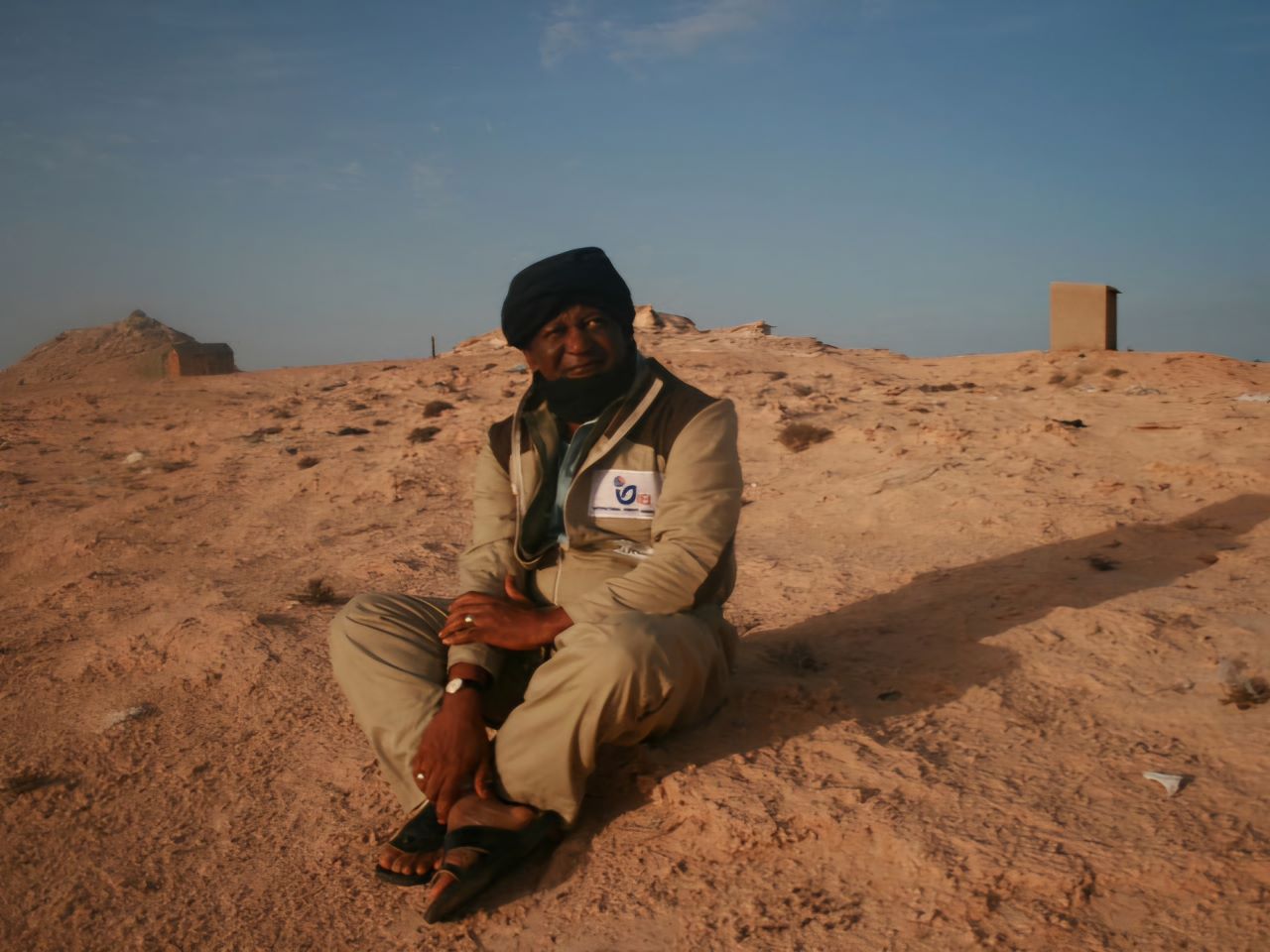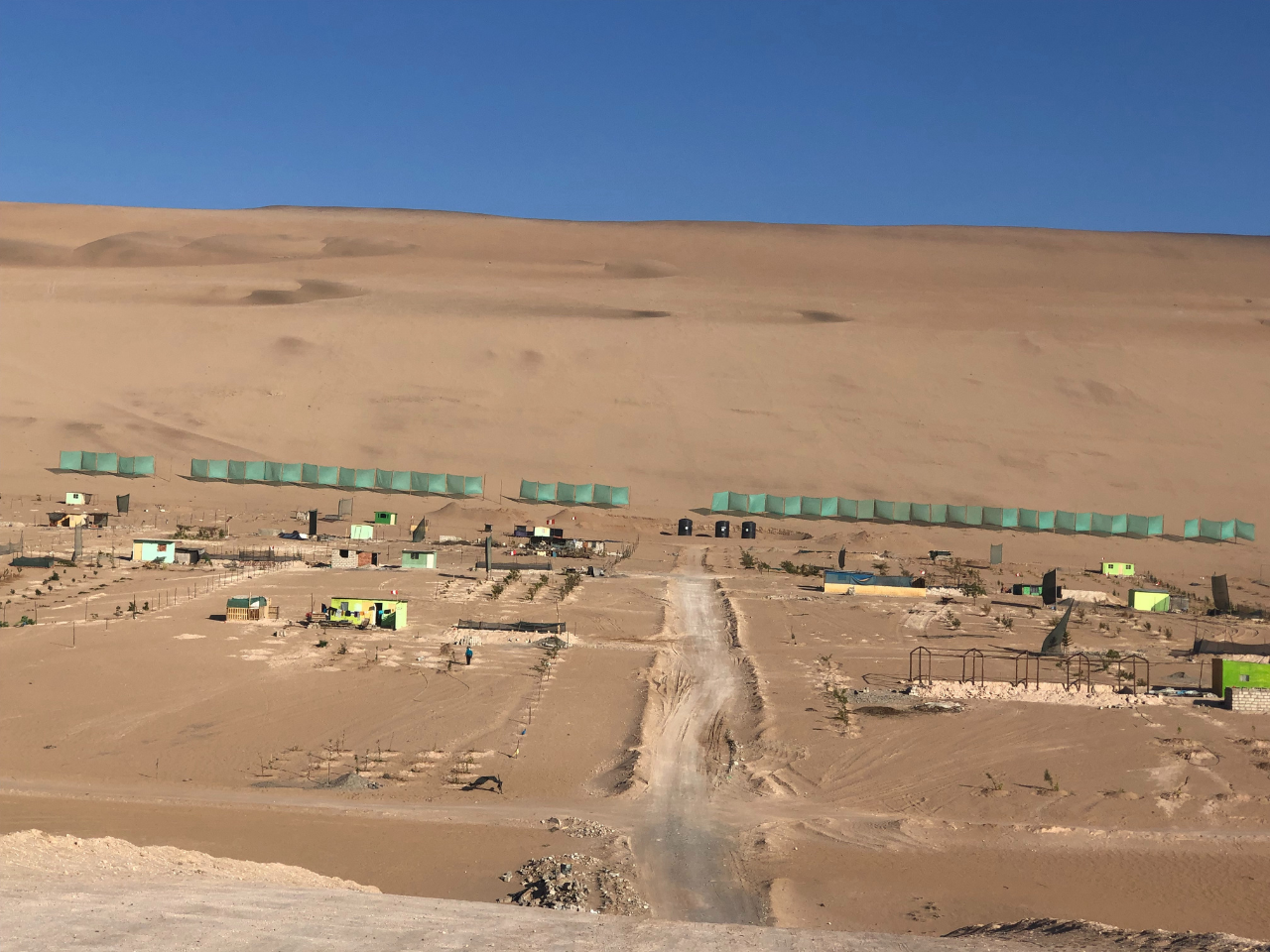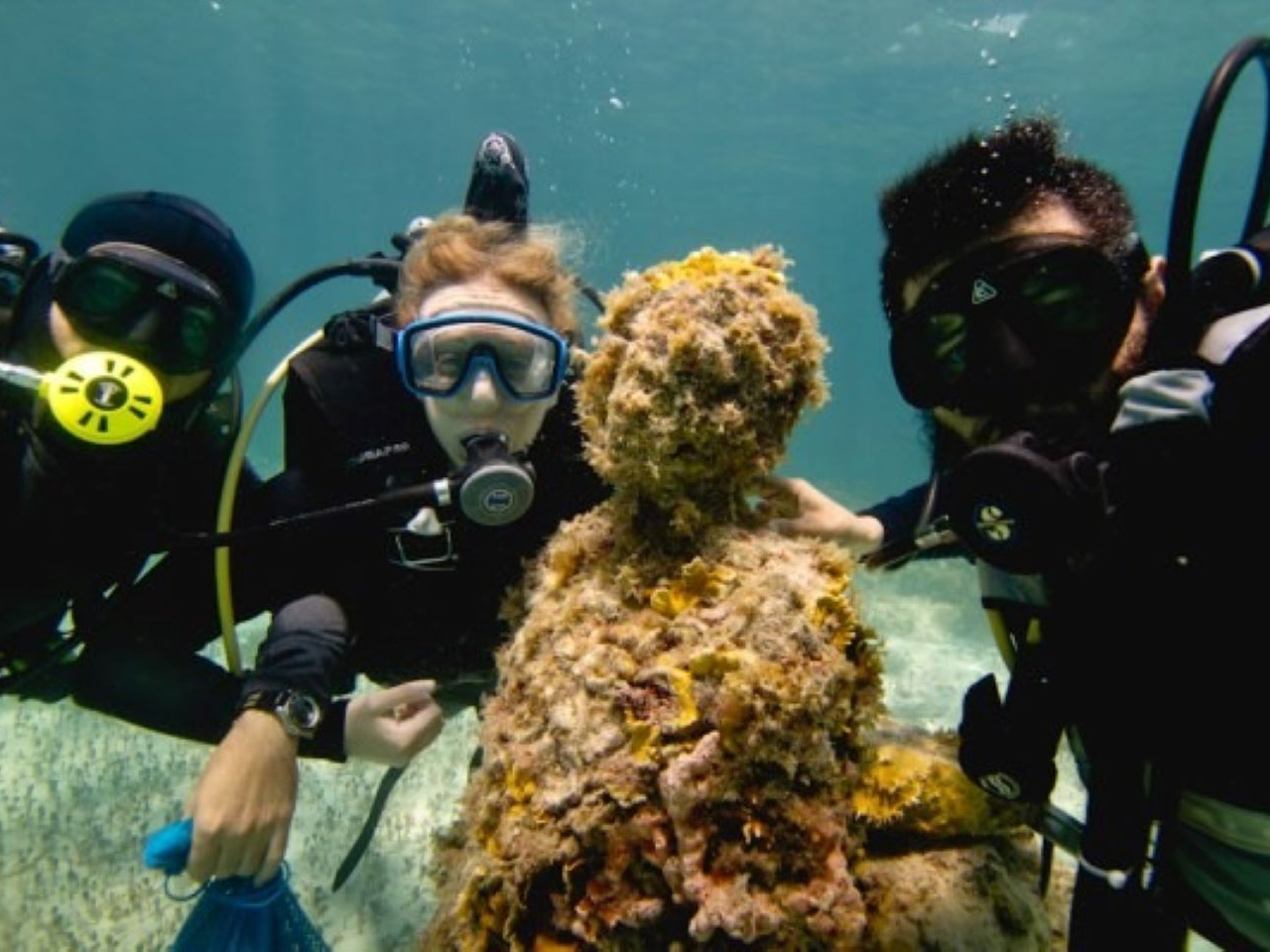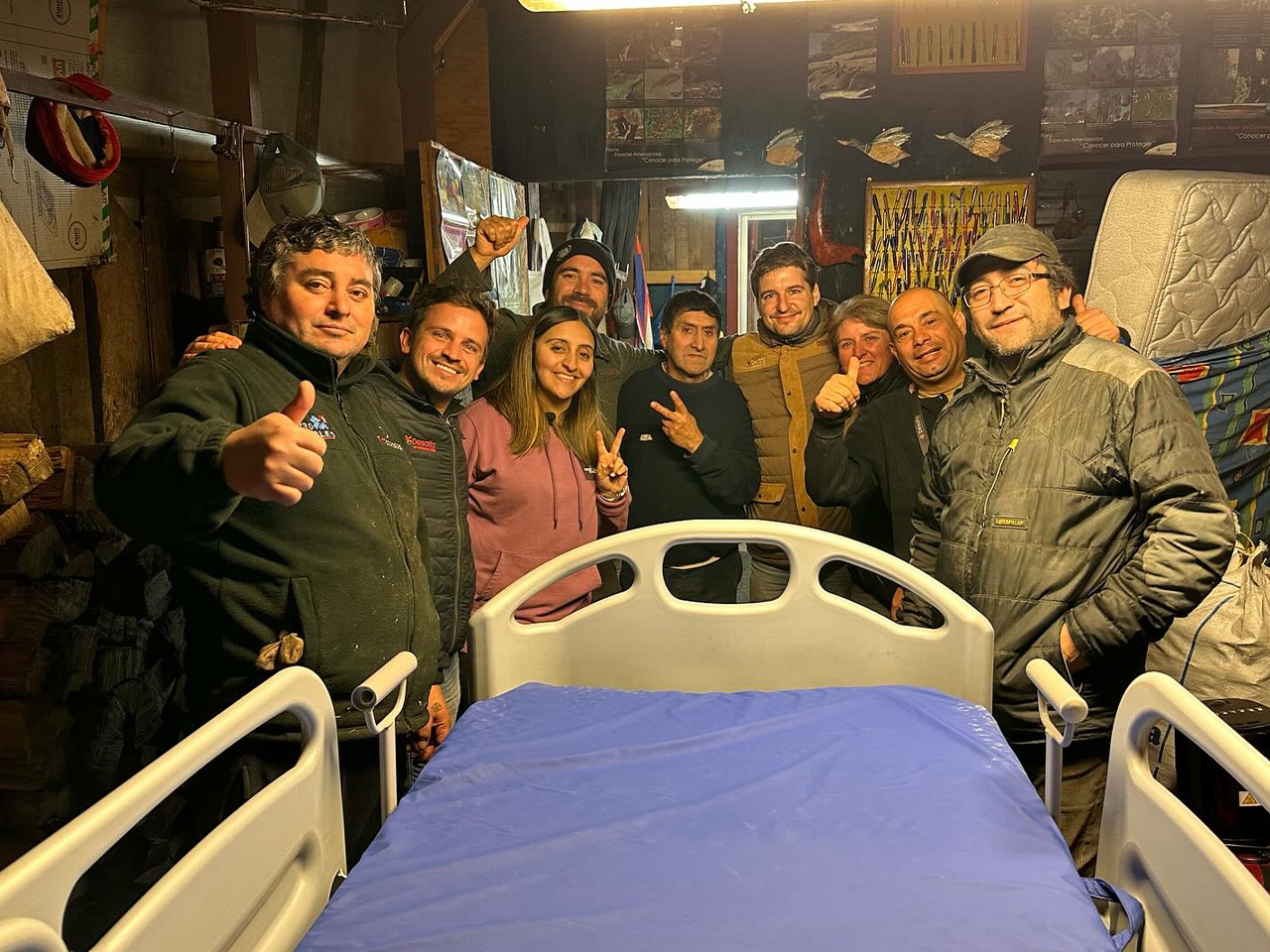Forest firefighter in Honduras trapped in flames, learns to live again
In less than five seconds we began to burn. Hearing the screams of my colleagues broke my heart as I felt unbearable pain. My voice became lost amongst my companions as each of us cried out for help. We pled, from deep in our guts, for the ordeal to end.
- 4 years ago
July 15, 2022
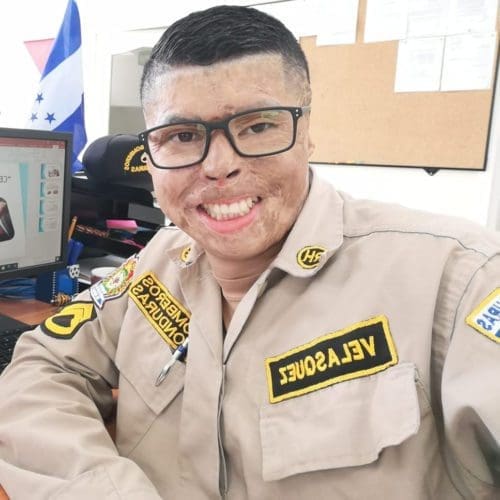
Trigger Warning: This story contains graphic content depicting the detailed experience of a survivor burned in a forest fire.
TEGUCIGALPA, Honduras ꟷ With forest fire season in full swing, I worked until two o’clock in the morning on April 24, 2018. The other firefighters and I looked forward to a day off. Back at the unit, we eagerly awaited the end of our shift so we could go to the station for a classic game of soccer. Then, they called us back into work.
On the line at the site of the fire, the team leader suggested we use what is called a backfire technique. It seemed illogical to me because the conditions weren’t right. A fallen pine tree did not favor us that day, but we followed orders without question.
Five firefighters including myself stood at the middle part of La Montañita. Suddenly, that very pine tree became like a bridge for the flames. As the fire approached us, we began feeling short of breath, so we moved along a dry creek toward the lower part of the mountain. I heard my colleague at the head of the group shout, “Fire,” as flames reached toward him. We became surrounded with no escape.
Firefighters caught with no escape
In less than five seconds we began to burn. Hearing the screams of my colleagues broke my heart as I felt unbearable pain. My voice became lost amongst my companions as each of us cried out for help. We pled, from deep in our guts, for the ordeal to end.
A minute felt like an eternity. The pain of feeling my body burn caused a fear that prevented me from opening my eyes. In a moment of instinct to save myself, I managed to look up and identify a space without fire. I jumped toward it; my entire uniform consumed by the flames.
I smelled burning meat. The best I could, I removed whatever was left of my uniform, remaining only in my underwear. Falling powerlessly to the ground, I awaited the hour of my death, asking God to forgive my faults.
A few minutes later, I heard a cry for help from one of my coworkers. A surge of adrenaline ran through my veins, and I went to him, encouraging him to move. We could only advance five more steps.
Then, personnel from another state agency who were collaborating with us to control the fire, found us there. They helped us out onto the street where two ambulances arrived. They took away two of my companions, who looked more seriously ill.
Two others were reported missing. Left in agony, it felt like my world was ending. I begged a soldier to take me away in his pick-up truck.
Man makes final amends before being moved to Mexico
The burns all over my body rubbed against the surface of the seat, while the dirt road made the vehicle bounce. When we finally got to our location, I saw some of my colleagues and asked them to pray for me. I believed the last minutes of my life loomed around the corner.
After several tests, the doctors determined, due to the severity of our injuries, no hospital in the country could treat us. They suggested transferring us to a center specializing in burn patients in Mexico. Before leaving, I wanted to make sure I cleared up any amends I owed.
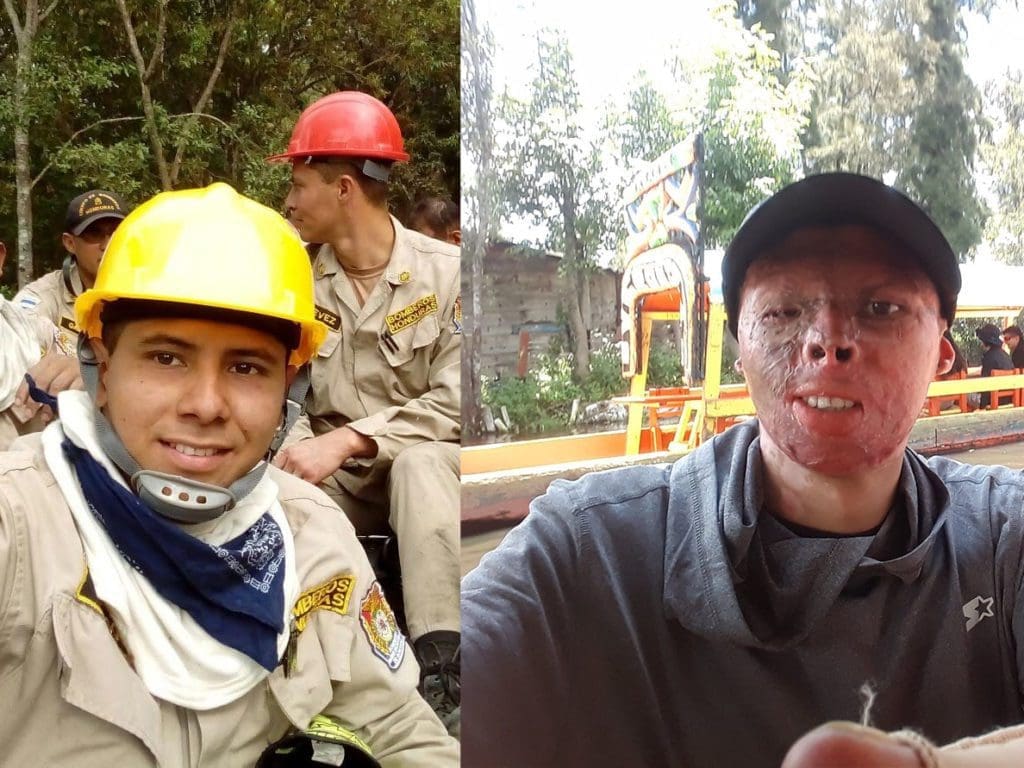
They let me see my father. Right there, laying on a stretcher with a telephone a few centimeters from my ear, I saw him through the glass in another room. My voice cracked as I asked him for forgiveness. I had given up on him after he and my mom separated, even though she mistreated me as a child. When he remarried my stepmother, I felt very upset. I apologized to him and found my peace.
In Mexico, they told us we could not yet enter the operating room. The last facility wrapped us in white material without applying medicine to prevent it from sticking to our bodies. As they removed the material, heartbreaking screams echoed out as if we were burning all over again. Hell best describes that moment.
At the same time, they placed probes in our noses and genitals. With all the material removed, they sedated us and we went into surgery.
Seeing his disfigured face for the first time, burn survivor gives up hope
The first few days after the operating room, I heard my fellow firefighters greet the nurses, comforted in knowing they survived. Then the greetings stopped. I asked the nurses how they were doing and was told, “they are fine.” I never saw them again.
My family learned I had a one percent chance of surviving, with 85 percent of my body covered in third-degree burns. The hospital staff told them to prepare my coffin, but I believe God wanted that one percent chance to become 100 percent life.
I began to heal and took solace that I could cover my burned body in a uniform. Then the toughest blow came; the one that caused the greatest pain in my heart. The nurse walked me to a covered mirror. She asked me to think of three qualities that define me as a person. I could think of nothing.
Then, I looked at my disfigured face. Though not physical, this pain hurt my soul with an indescribable intensity. My chest tightened as my mind filled with tormenting thoughts. At 21 years old, I could not reassimilate into the world having suffered so much.
Who would ever want to look at me? How could I ever have a family? I could not hide my face under a balaclava or lock myself in a room for the rest of my life. Depression set in.
A seed of inspiration helps firefighter to learn to live again
Then, one day, something changed my whole perception of life. During therapy in the Mexican hospital, I met a young man who lost a leg in a fire. I could barely make it through the required 10 squats while he did 20 with an energy that radiated enthusiasm.
When we had a moment alone, I asked him why he had so much joy about life after being so damaged. He told me human beings get selfishly caught up in their own pain and miss the suffering of others. He mentioned relatives back home who could not see us. They live in anguish wondering if we will make it out of our treatment alive, he said.
That day, I looked in the mirror again and decided that, despite my scars, I had not lost a single nail on my fingers. I had no excuse for not putting effort back into my life. I accepted my circumstances, but it was more difficult to accept my losses.
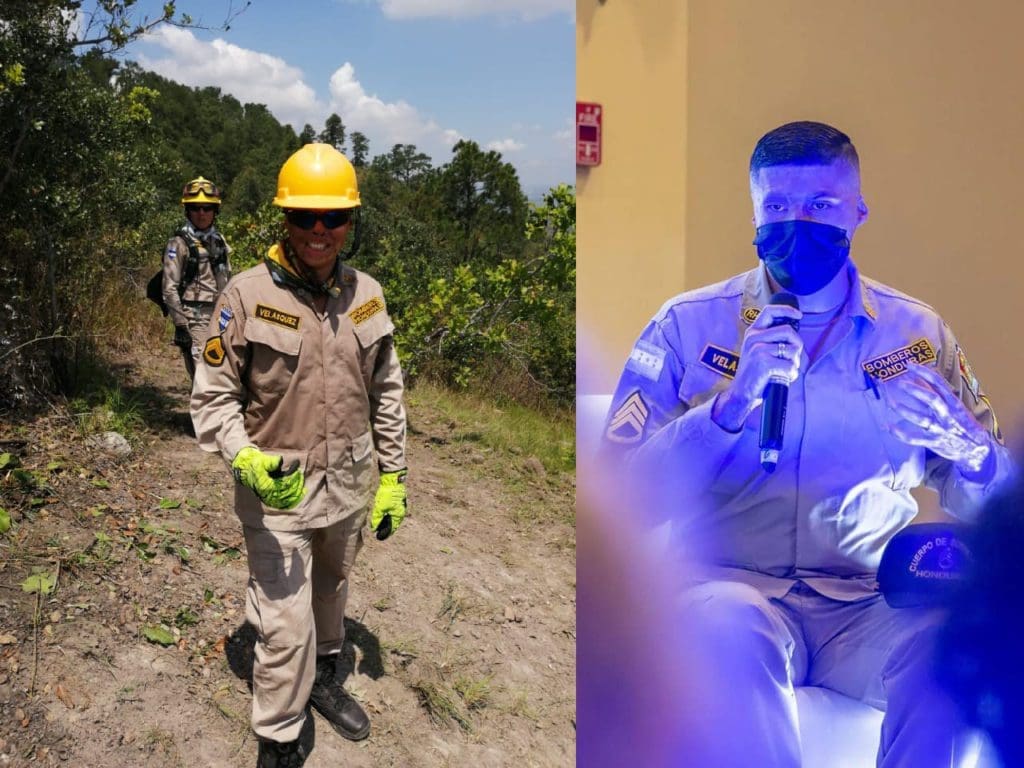
Throughout my time in the Mexican hospital, I learned from the psychologist that one of my fellow firefighters died three days after admission. The other died a month later. I felt melancholy and wondered what their relatives would think knowing I survived while they did not.
Upon returning to Honduras, the families of my deceased colleagues, to my surprise, welcomed me with open arms. They gave me words of encouragement, and the fear I felt about their reaction disappeared. Seeing my loved ones again filled me with happiness, and little by little, I resumed the course of my life.
Life after the burns, a long road to recovery
Amid the spotlight of media cameras and microphones, the authorities promoted me one rank from firefighter to corporal. They awarded me a medal for heroism. While I appreciated it, much of these actions proved posturing for television. People injured like me in the line of duty receive no legal support.
Four years later, I await seven pending reconstructive surgeries including my lower lip, but nothing happens. They nearly fired me when I demanded support. Because of the scars, I must try to keep my mouth closed. When I eat food, it slips, and I can’t chew well. I feel frustrated by this, and the disapproving looks of people in public.
Nevertheless, in addition to my work as a firefighter, I give motivational talks at non-governmental organizations. I created a social media presence to upload content and try to inspire others going through the same or similar circumstances. Recently, a young woman from Peru reached out. She said my videos inspired her to finally take photos of herself again, despite the large scar on her head.
I feel satisfied knowing I can contribute to the good of humanity.




